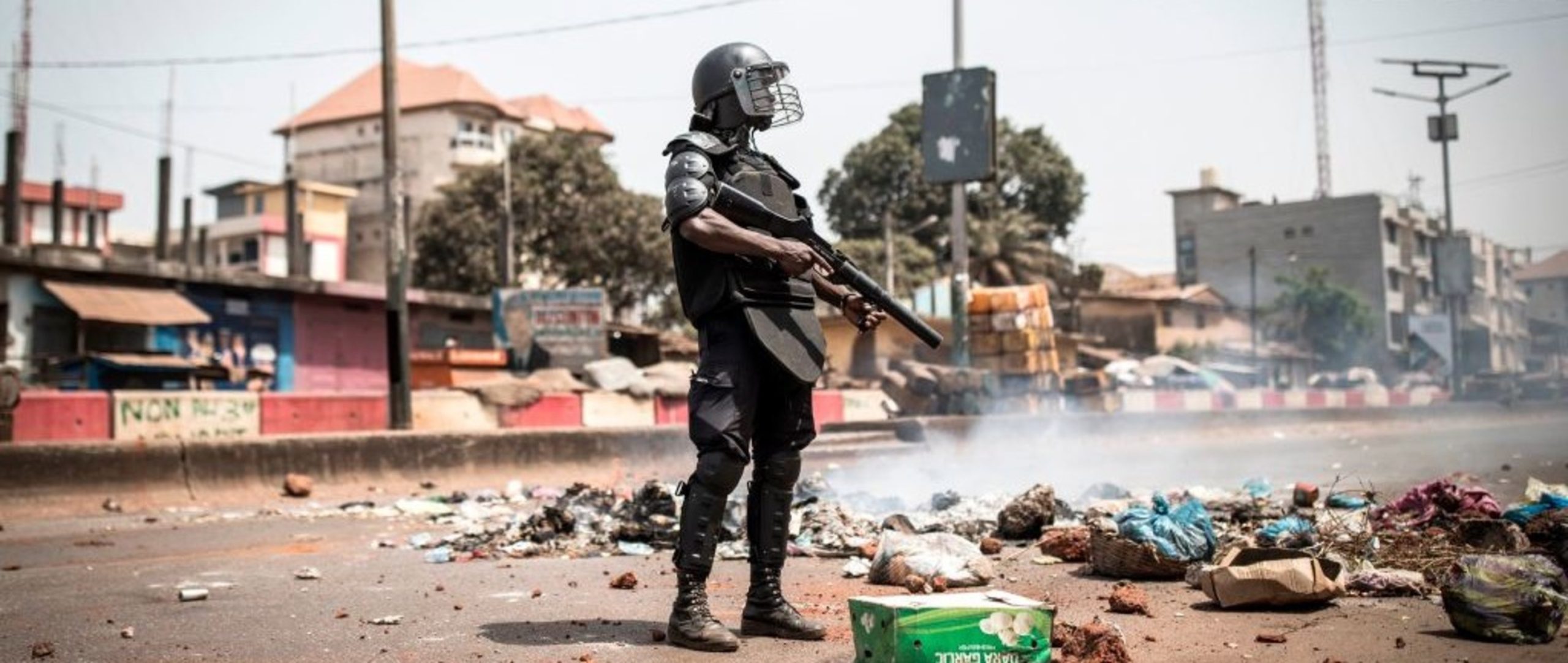
The tragic death of Mohamed Traoré, a man in his sixties, in a road accident on 27 August 2025 in Coyah has sparked widespread public outrage in Guinea.
In response, former Minister of Justice Charles Alphonse Wright has urged the judicial authorities to conduct a thorough investigation into the incident.
In a public statement released on the evening of 30 August, Wright highlighted that multiple eyewitnesses allege the accident involved the artist Seydouba Bangoura, popularly known as Singleton.
According to reports, the driver did not stop to assist the victim, leaving Traoré unattended at the scene.
“The failure to provide assistance constitutes a grave disregard for human dignity,” Wright said, stressing that criminal responsibility is personal.
“No one should be above the law,” he added.
The former minister cited Article 217 of the Guinean Penal Code, which penalizes involuntary homicide, and emphasized the exclusive role of judicial institutions in clarifying such incidents through preparatory investigations and formal proceedings.
“It is the duty of the courts to shed light on reprehensible acts and ensure accountability under criminal law,” he stated.
Wright appealed directly to the authorities to carry out a meticulous investigation while upholding the presumption of innocence.
“I call on the competent legal authorities, in my capacity as a concerned citizen, to ensure the entire truth is established in accordance with the principles of a fair and equitable trial,” he said, noting the strong public indignation the case has provoked.
The accident has reignited debates in Guinea over road safety and accountability, particularly in cases involving public figures. Observers note that the legal proceedings will be closely monitored by civil society and media alike, with calls for transparency and justice at the forefront.
As investigations proceed, the case underscores the broader expectation that no individual, regardless of status or influence, can evade the responsibilities imposed by Guinean law. The outcome is widely seen as a test of the nation’s commitment to rule of law and equal justice for all citizens.



